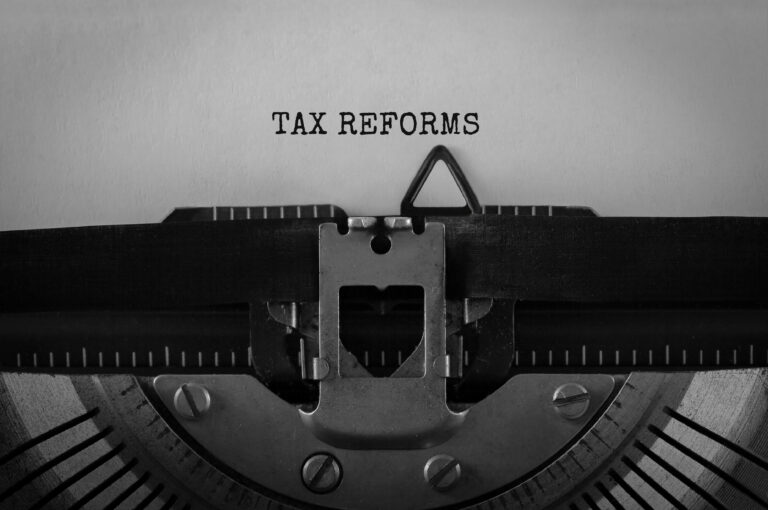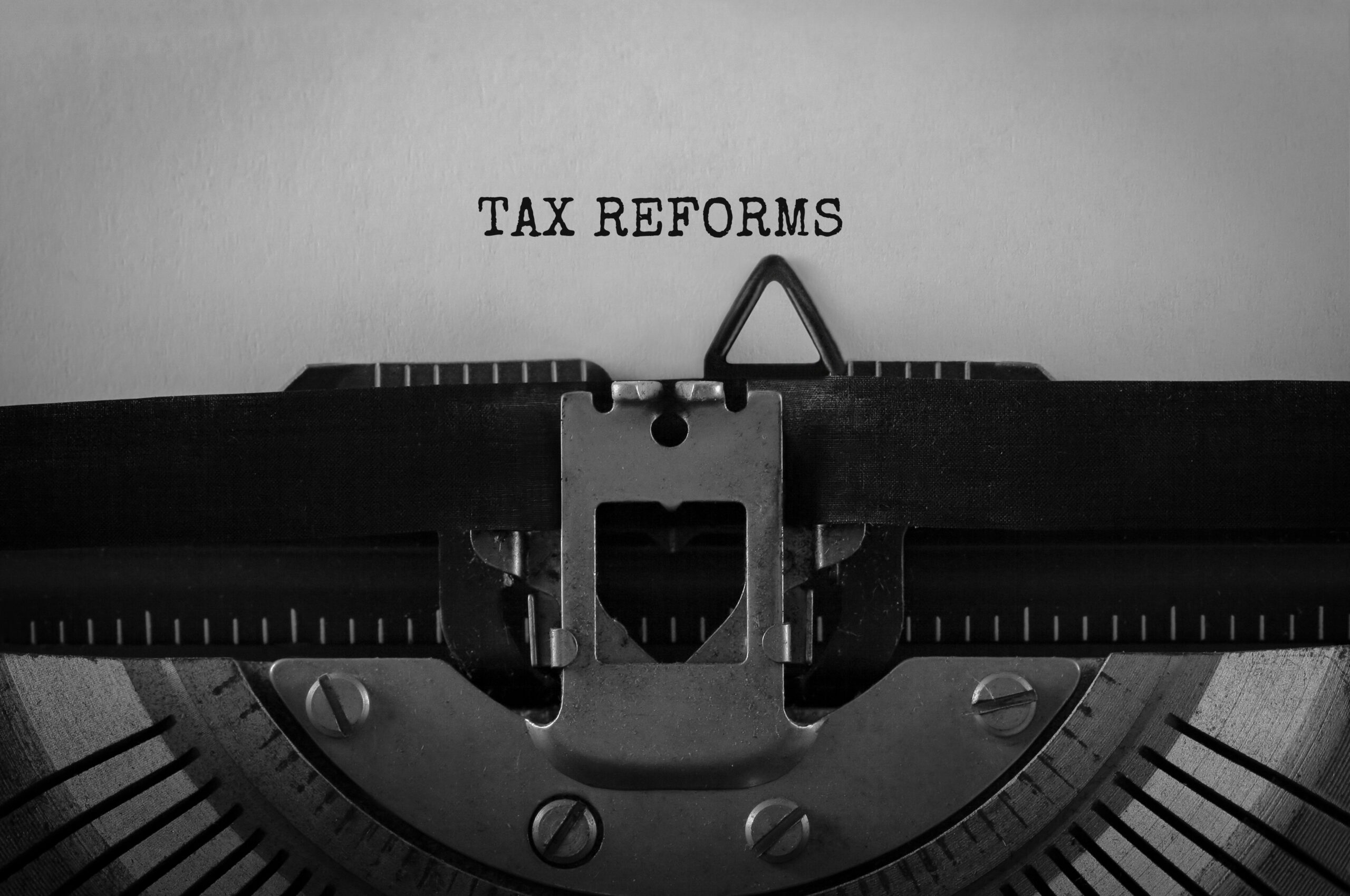
Biden’s Proposed Tax Changes
By: Yann Reichelt, CPA, Advisor

How Biden’s Proposed Tax Laws Could Affect Real Estate Owners:
As the Biden administration sets its sights on finalizing the budget reconciliation process, what key policy changes should real estate owners be aware of?
1031 Exchange
The 1031 exchange is one of the most popular and effective tax deferral strategies used by real estate investors, however, under the proposed tax law changes submitted by the Biden administration, this strategy could be repealed. The change would only be applicable to future transactions and cannot be retroactively applied to past transactions.
Under the proposed law, gains in excess of the $500,000 exemption limit on the sale of real property would be taxed at the taxpayer’s applicable capital gains rate. For example, if a real estate owner sold real property for $1 million with an adjusted basis of $275,000 resulting in a gain of $725,000, the owner would be taxed on $225,000 of profits received from the sale (the first $500,000 is tax-exempt). In contrast, the current tax law would permit the real estate owner to defer tax on the entire proceeds and instead reinvest those proceeds into a subsequent investment.
Capital Gains
In addition to changes to the 1031 exchange, the Biden administration aims to increase long-term capital gains from 20% to 39.6% (for taxpayers with an adjusted gross income level over $1 million and potentially as low as $400,000). This is a significant change as it repeals the advantageous tax rates for real estate owners and instead taxes proceeds from the sale of real property at the taxpayer’s ordinary income level.
Included with this change would be a recharacterization of carried interest from capital gains to ordinary income, thus proceeds of this nature would be taxed at the ordinary income tax rate (currently 37% for an AGI over $400,000)
Together with the proposed repeal of the 1031 exchange transaction, this could be a significant disincentive to invest in real estate.
Estate and Gift Tax
Another key proposed change to tax law is to increase the estate tax to 45% (from 40%) and to repeal the ability for the beneficiary of an estate to receive the “step-up” in basis at the time of the grantor’s death. Under current law, if a taxpayer owns real estate and transfers the property to an estate, the basis of the property is increased to the fair market value of the property at the time of the taxpayer’s death. In essence, this allows the deceased taxpayer to transfer the property tax-free and the estate avoids a tax liability.
Additionally, the Biden administration is proposing to decrease the estate tax exemption from $11.7 million back to $5.3 million. Amounts transferred in excess of the exemption limit are subject to the estate tax rate.
| Expected Timeline | |
| Steps to Change Tax Law | Expected Completion Date |
| Initial budget reconciliation process completed | April 2021 |
| House and Senate to vote on the budget and approve | October 2021 |
| Effective date for proposed tax changes | January 1, 2022* |
| *Note: certain provisions may be effective as early as October 2021 | |
| Summary of Major Changes | ||
| Tax Law | Current | Proposed |
| Corporate tax rate | 21% | 28% |
| 1031 Like-kind-exchange | Allowed | Repealed |
| Bonus depreciation for qualified property | 100% | 50% |
| Capital gains rate for AGI over $1 million | 20% | 39.60% |
| Estate tax lifetime exemption | $11.7 million | $5.3 million |
| Estate tax and gift tax rate | 40% | 45% |
Yann Reichelt joined The Storage Acquisition Group in 2020 serving as an analyst for storage assets nationwide. Yann is a licensed CPA and utilizes his background in accounting and economics to research markets and provides industry reports for potential acquisitions nationwide. Yann graduated with a Bachelor of Science degree from Virginia Commonwealth University with a double major in Accounting and Economics. If you have further questions about selling your self-storage asset, please reach out to Yann directly at yreichelt@thestorageacquisitiongroup.com.


